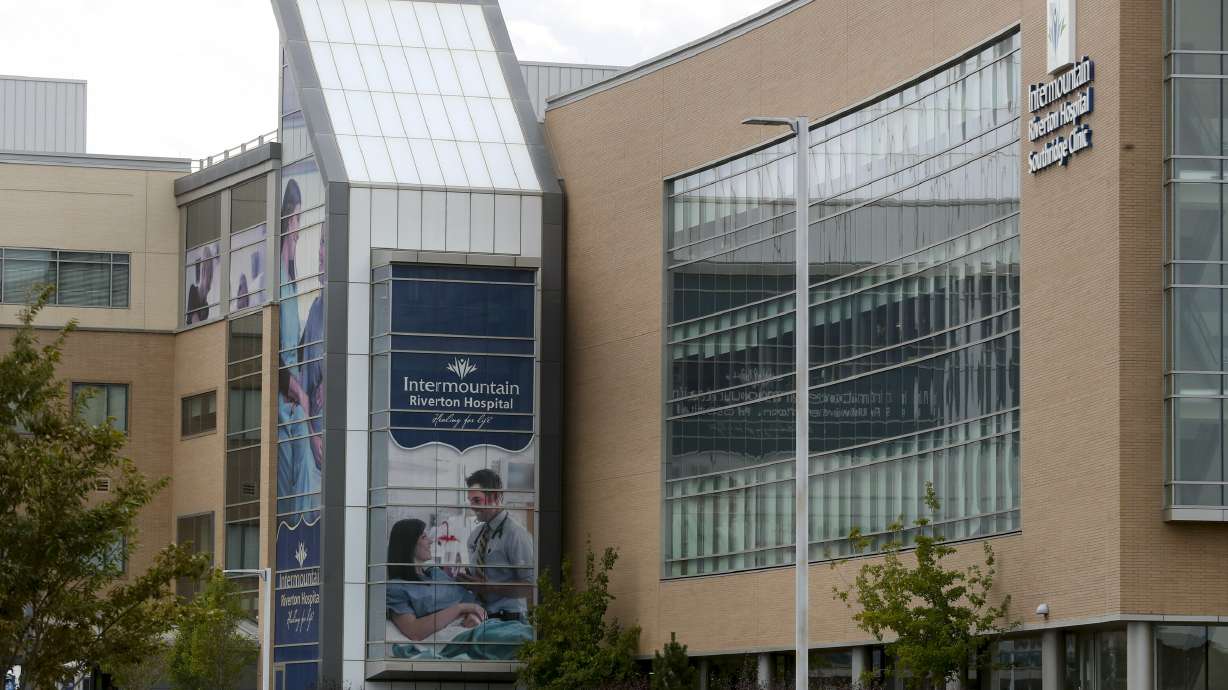Estimated read time: 2-3 minutes
This archived news story is available only for your personal, non-commercial use. Information in the story may be outdated or superseded by additional information. Reading or replaying the story in its archived form does not constitute a republication of the story.
SALT LAKE CITY — Prostate cancer patients who have prostate removal surgery have a higher chance of remaining cancer-free if they also receive radiation treatment to their lymph nodes, according to a new study.
The national study, in which Intermountain Healthcare doctors and patients participated, showed that radiation for both the prostate bed and the lymph nodes is the most effective second-line cancer treatment following surgery. In fact, the study showed 87% of patients treated with the additional lymph note radiation did not have any cancer recurrence within the next five years.
The common surgery for a patient diagnosed with prostate cancer, called a prostatectomy, is the removal of either part or all of the prostate and is performed on about 90,000 of the 300,000 people diagnosed with prostate cancer each year. Somewhere between 18,000 and 45,000 people each yea still end up with a marker for cancer after surgery.
"Treating these patients with radiation and hormone therapy is not uncommon, but that radiation treatment has typically only been to the prostate bed," said Dr. Jeffrey Lee, a researcher and oncologist at Intermountain Healthcare.
He said the study found that targeting the lymph nodes with radiation makes a large difference in preventing recurrence of the cancer. Lee said lymph nodes are part of the overall picture for prostate cancer.
"Based on these findings, urologists and patients should know that if they have surgery for prostate cancer and their PSA (prostate-specific antigen) does not go to zero or starts rising again, they need to be a referred to a radiation specialist, sooner rather than later," Lee said.
He explained that this study shows that lymph node radiation should be considered for patients who have a rising prostate-specific antigen after surgery, despite the higher irritation that comes with the broader treatment area.
The study, which was published in The Lancet, considered 1,716 patients who still had antigen markers after a prostatectomy. They were divided into three treatment groups, all of which received prostate bed radiation therapy. One group also received short-term androgen deprivation therapy and another received androgen deprivation therapy along with pelvic lymph node radiation therapy.
The group that received lymph node radiation along with their androgen deprivation therapy and prostate bed radiation had the lowest rate of cancer recurrence, with 87.4% of people being cancer-free after five years. Of the group that received androgen deprivation and prostate bed radiation, 81.3% were cancer-free after five years; and in the group that only got prostate bed radiation therapy, 70.9% remained cancer-free after five years.
The study involved 283 radiation oncology cancer treatment centers, including Intermountain Healthcare centers in Utah. These centers were in the United States, Canada and Israel.









